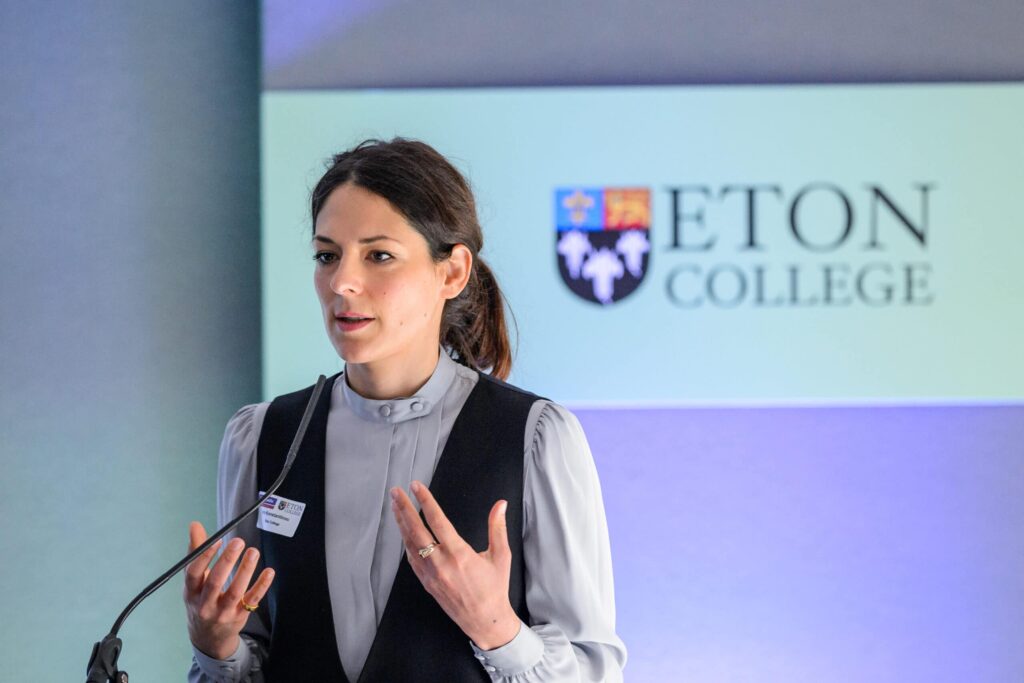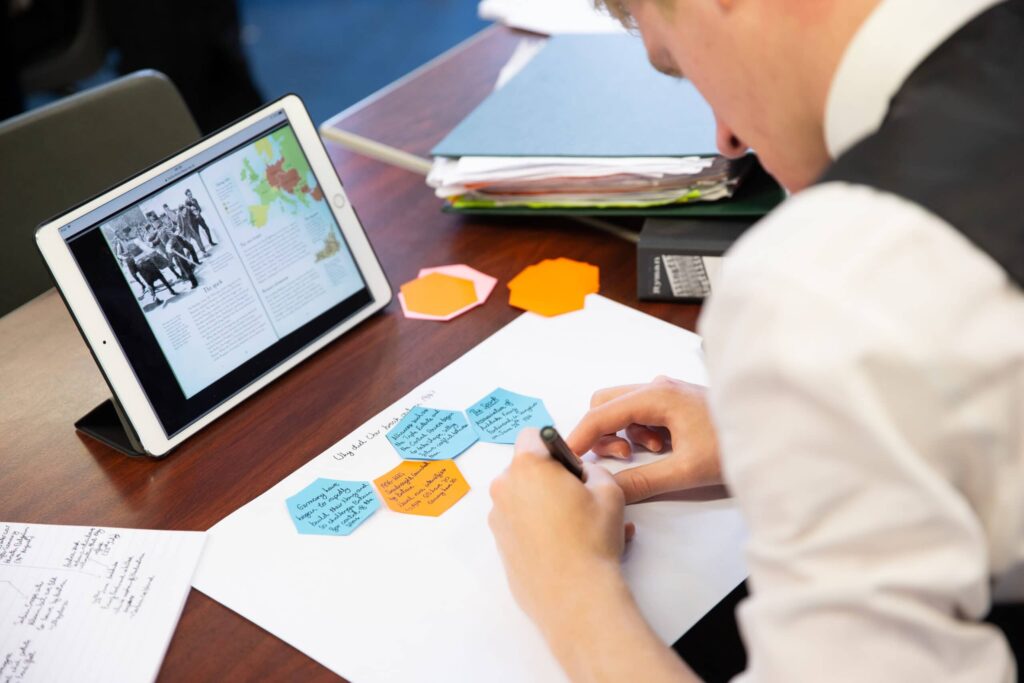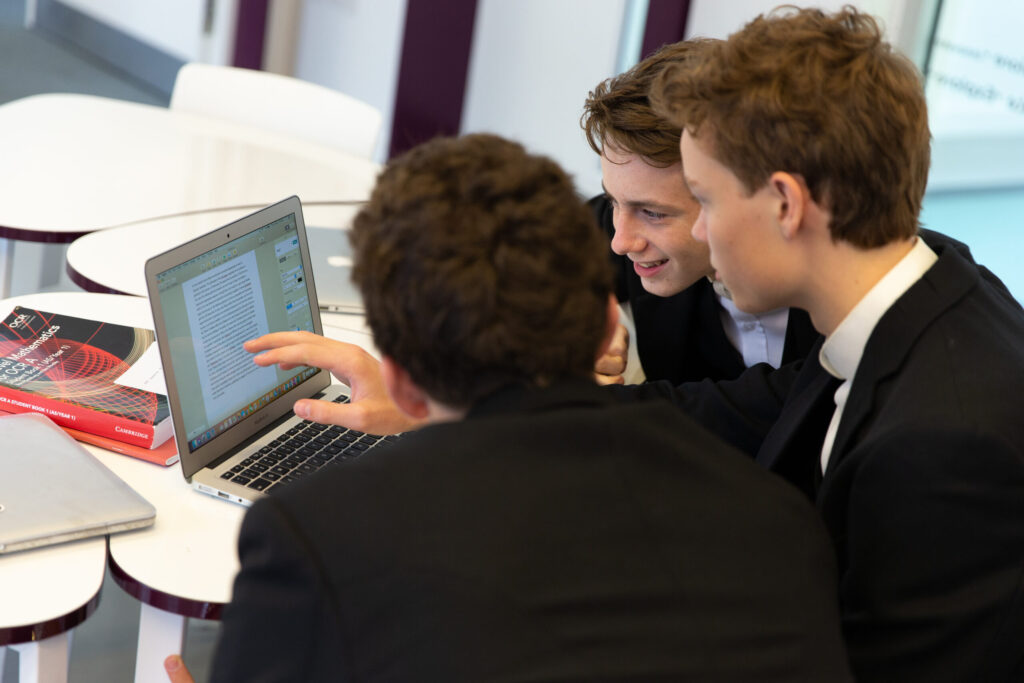Here are 7 suggestions (ASCD 2010) on project based work:
- a need to know
teachers need to show their students why it is important to learn something. Before starting a project they can show them something related which is likely to engage their imagination – perhaps do a field trip or a have guest speaker.
2. a driving question
for every project you set as a teacher, ensure that students have a clear question they are trying to answer. It could be abstract, concrete, or towards solving a problem, but it needs to be something which will help them focus their efforts.
3. student voice and choice
when designing projects, teachers need to ensure that they allow for individual student voice and choice to have a rightful place. The amount of freedom is based on the age and level of the pupils and the teacher can decide to give freedom on content, process or product. The more control is given to the pupils, the more they will develop their higher order thinking skills (HOTS). The teacher, then, can act primarily as a guide and facilitator.
4. 21st century skills
a project should give students the opportunity to develop skills such as collaboration, communication, and critical thinking. There is real possibility to promote soft skills through real-life focused projects.
5. inquiry and innovation
students can be asked to conduct their own projects on real issues, which encourage further inquiry and innovation. This might not always be feasible but teachers can think of the potential to create such opportunities.
6. feedback and revision
encourage students to revise their work based on your feedback. Students learn the value of reworking their projects, and build the capacity to be reflective of their work.
7. a publicly presented product
encourage students to present their work through YouTube videos, blogs, presentations, posters, etc.
for the full article see here: http://www.ascd.org/publications/educational_leadership/sept10/vol68/num01/Seven_Essentials_for_Project-Based_Learning.aspx
BUT
Implementing PBL in itself might not be effective. Here are some suggestions to make the most out of it:
For BPL to be effective:
- Student support: Students need to be effectively guided and supported; emphasis should be given on effective time management and student self-management, including making safe and productive use of technological resources.
- Teacher support: Regular support needs to be offered to teachers through regular networking and professional development opportunities.
- Effective group work: High-quality group work will help ensure that students share equal levels of agency and participation.
- Balancing didactic instruction with independent inquiry method work will ensure that students develop a certain level of knowledge and skills before being comfortably engaged in independent work.
- Assessment emphasis on reflection, self and peer evaluation. Evidence of progress needs to be regularly monitored and recorded.
- An element of student choice and autonomy throughout the PBL process will help students develop a sense of ownership and control over their learning.
(Kokotsaki et al. 2016)
http://journals.sagepub.com/doi/pdf/10.1177/1365480216659733




